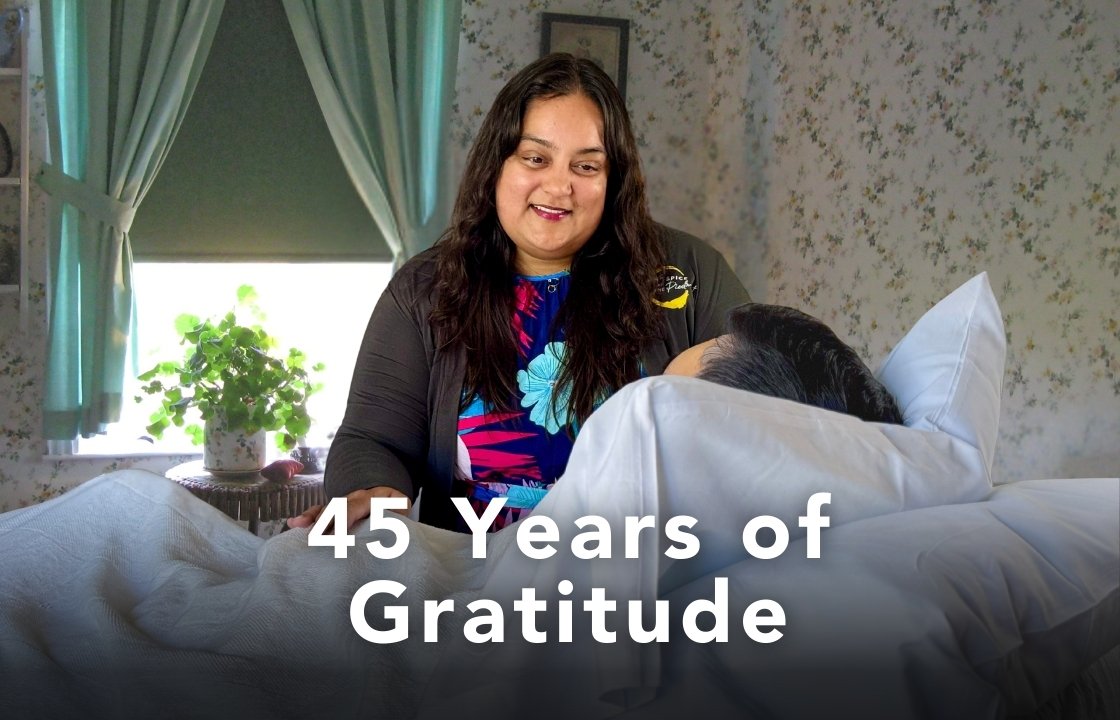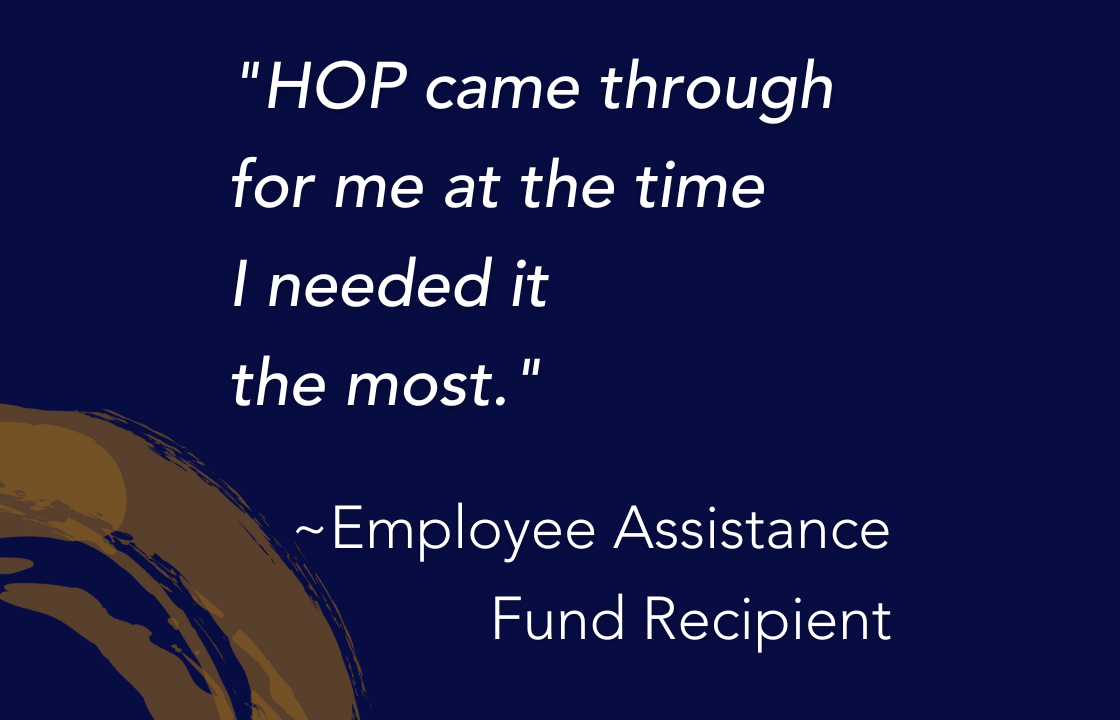Hospice care is a way to ease the pain, symptoms, and stress of a terminal diagnosis. It also provides emotional support for both hospice patients and their loved ones. At Hospice of the Piedmont, we offer additional programs in hospice care to ensure that patients who are terminally ill have a better and more peaceful end-of-life experience.
In this article, we will explore some tips on how to prepare your loved ones so they can be at peace knowing they are cared for during this challenging time in their life.
1. Talk About Hospice Care with Your Loved One
The first step in planning hospice care is to openly talk about it with your loved one. They need to be aware of what to expect and why they think it might be a good option.
Once your loved one understands what hospice care is, you need to explain the benefits. Hospice care can provide relief from pain and symptoms, emotional support, and a sense of community. It can also help families cope with the stress of a terminal diagnosis.
Talking about hospice can be emotional and stressful, but it is important to have those difficult conversations to ensure that you and your loved one are on the same page.
2. Open A Line of Communication with Your Hospice Care Provider
Hospice staff can provide valuable support and guidance to hospice patients throughout the care process. Before your loved one’s first day at the center, you should meet with a member of their team to discuss their needs and preferences. This meeting will help ensure that we meet your loved one’s needs during their stay at the Hospice of the Piedmont.
3. Have an End-of-life Care Plan
Another essential step in preparing for hospice is to create your loved one’s end-of-life wishes and get them signed by a notary public. This document will outline your loved one’s preferences for medical care, burial, and more. Having these difficult conversations will help to provide peace of mind for both you and your loved one.
4. Give Your Loved One Time and Support Their Grieving
A terminal diagnosis is a complex topic for most people and can be a difficult conversation to have, let alone experience. Your loved one will likely go through a range of emotions as they come to terms with it. It’s essential to give them time and space to grieve. Remember, grief is very personal, and you should never impose your timeline on them.
Preparing for hospice can be difficult, but it’s important to remember that our team of hospice care providers at Hospice of the Piedmont are here to help with different kinds of hospice needs, including grief support when a patient receives a terminal diagnosis, as well as supporting the end-of-life wishes of every patient.
Kindly contact us if you have questions or want more information on how to best prepare a loved one for a hospice care plan. We also offer various bereavement services to help you cope with the loss of a loved one.



